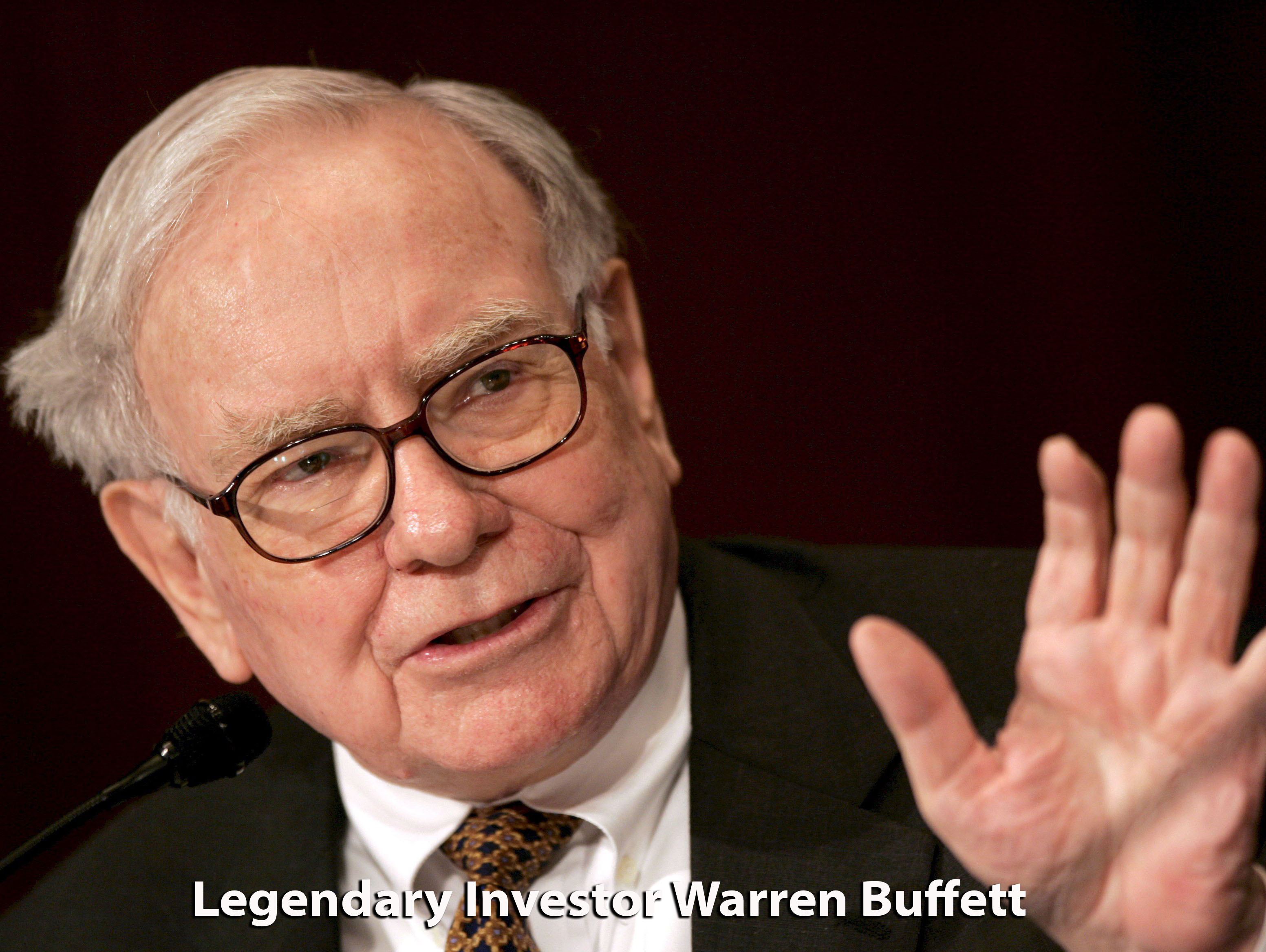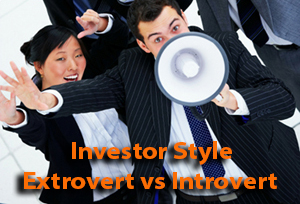By Carmen Roberts (April 12) When you think of a successful Wall Street investor, most likely the idea of a hard-charging, aggressive, A-type personality comes to mind.
But various studies suggest the iconic frenzied trader yelling from the floor of an exchange does not make the best investor.
Introvert Power
In her book Introvert Power, Laurie Helgoe Ph.D. writes “extroverts are often drawn to investing because of the thrill of it.”
“Introversion can be a strength instead of a disadvantage,” because extroverts can get caught up in the anxiety of missing out. If they operate out of that anxiety, they are likely to close down thinking and lose perspective. Rather, the investor down the hall with the door closed may be the one to watch.
 Chief Economist with Greencrest Capital Max Wolff agrees introverts bring good qualities to investing. “Introverts might be good if they spend a little more research time,” he said.
Chief Economist with Greencrest Capital Max Wolff agrees introverts bring good qualities to investing. “Introverts might be good if they spend a little more research time,” he said.
“On the other hand extroverts have conversations with a lot of people and build contacts. And in this business having conversations with other smart people who see the world differently than you is essential. If you do not, will not, or cannot do that you will fail.”
Author Susan Cain writes in her book, Quiet, The Power of Introverts that introverts include people like Berkshire Hathaway’s Warren Buffett, known for taking careful, well-calibrated risks.
“Buffet’s a great example of the long game,” said Wolff. “Take the long perspective, do your homework, be really careful. But he is also larger than life, and he’s carefully cultivated a personality as an introvert.”
 Buffett the Classic Introvert
Buffett the Classic Introvert
Buffett avoids public speaking and works in Omaha far from the frenzy of Wall Street, but he produces enviable results. Berkshire Hathaway’s total gain from 1965-2012 compounded annual was 19.7 percent. That thumps the S&P 500.
There may be a biological basis for how introverts and extroverts approach their investments. Gene variations may cause extroverts to seek out a high from the neurotransmitter dopamine, which is traditionally associated with reward-seeking. But those genes may prompt introverts to chill out on the neurotransmitter serotonin, which is correlated with a steadier course of well-being and happiness.
Type A Celebrity Investors
“The type A personalities that people hear as the celebrity investor,” said Wolff. “Those people love being extroverted and bossy and in charge, but what they’re doing is acting out a game in which they take your money. So, if they come on TV and seem brash, larger than life and sure of things, what they’re trying to get you to do is buy what they’ve already bought to make them more money.”
No One’s Perfect
Neither the extrovert nor the introvert is the perfect investor. Studies show extroverts can take crazy gambles, but introverts can sit back and miss buying opportunities. So the ideal investor may be what’s called ambivert, someone who can blend the best of both types. That way investors could maximize the advantages of each personality style and minimize the disadvantages.
